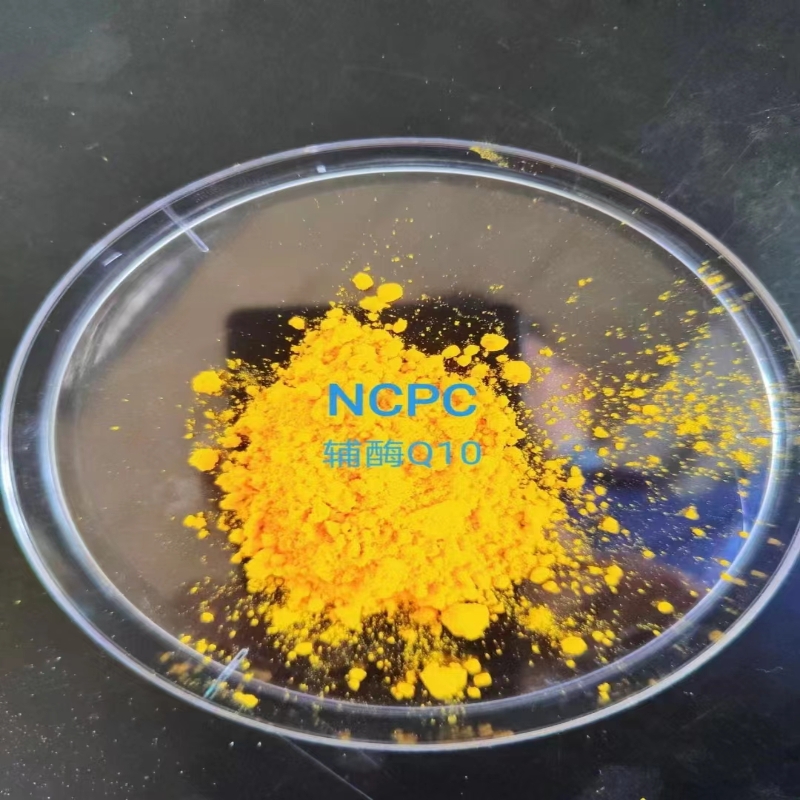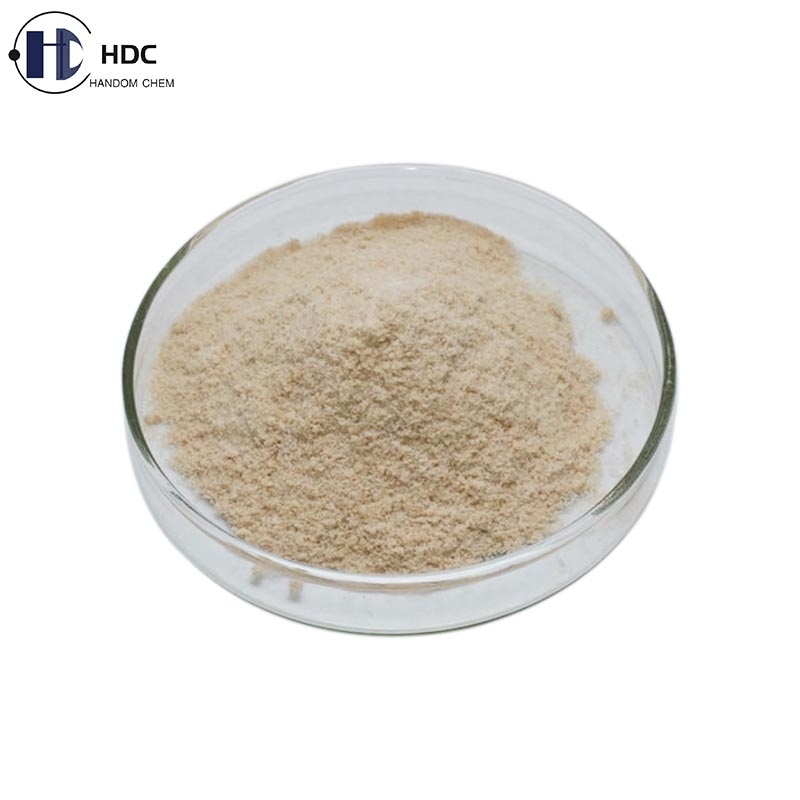-
Categories
-
Pharmaceutical Intermediates
-
Active Pharmaceutical Ingredients
-
Food Additives
- Industrial Coatings
- Agrochemicals
- Dyes and Pigments
- Surfactant
- Flavors and Fragrances
- Chemical Reagents
- Catalyst and Auxiliary
- Natural Products
- Inorganic Chemistry
-
Organic Chemistry
-
Biochemical Engineering
- Analytical Chemistry
-
Cosmetic Ingredient
- Water Treatment Chemical
-
Pharmaceutical Intermediates
Promotion
ECHEMI Mall
Wholesale
Weekly Price
Exhibition
News
-
Trade Service
Photo source: November 17, 2015 / BIOON / - a joint research group of Beijing Institute of radiation and radiation medicine, Chinese Academy of Military Medical Sciences and the Third Military Medical University (Chongqing) recently published a paper in scientific reports In this paper, CRISPR / cas9 gene modification tool was used to produce human albumin in pigs Human serum albumin is a kind of protein existing in the blood, which can be used in the treatment of a series of diseases, including liver failure and traumatic shock In the past, there have been attempts to produce human serum albumin in pigs However, due to the inability to avoid the production of porcine albumin, it is a great challenge to separate and purify human serum albumin Using CRISPR / cas9 gene editing system, Chinese scientist Zhang Pumin and his team inserted a DNA fragment that can synthesize human albumin into the region of pig fertilized egg genome used to produce pig albumin The alleles embedded in the pig genome are located downstream of the porcine albumin synthesis gene The researchers believe that this can make pigs produce human serum albumin at the same time, but not pig albumin, which can avoid the mixture of human serum albumin and pig albumin The researchers implanted 300 genome edited fertilized eggs into 10 sows, all carrying alleles for human albumin Five pigs got pregnant successfully and gave birth to 16 Bama piglets The researchers found that the 16 piglets came from fertilized eggs carrying human albumin gene, and human albumin could be detected in their blood However, there are different levels of human albumin in piglets Further propagation experiments showed that the human gene inserted by CRISPR / cas9 gene modification tool could be passed to the offspring of these piglets This article is the original compilation of Biovalley Welcome to reprint! Please indicate the source of the reprint and attach the original link For more information, please download Biovalley information app
doi:10.1038/srep16705 PMC: PMID: Production of Human Albumin in Pigs Through CRISPR/Cas9-Mediated Knockin of Human cDNA into Swine Albumin Locus in the Zygotes Precise genome modification in large domesticated animals is desirable under many circumstances In the past it is only possible through lengthy and burdensome cloning procedures Here we attempted to achieve that goal through the use of the newest genome-modifying tool CRISPR/Cas9 We set out to knockin human albumin cDNA into pig Alblocus for the production of recombinant human serum albumin (rHSA) HSA is a widely used human blood product and is in high demand We show that homologous recombination can occur highly efficiently in swine zygotes All 16 piglets born from the manipulated zygotes carry the expected knockin allele and we demonstrated the presence of human albumin in the blood of these piglets Furthermore, the knockin allele was successfully transmitted through germline This success in precision genomic engineering is expected to spur exploration of pigs and other large domesticated animals to be used as bioreactors for the production of biomedical products or creation of livestock strains with more desirable traits.







